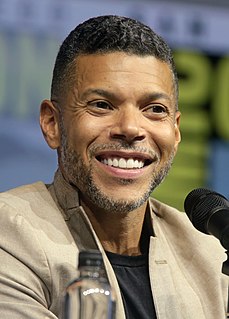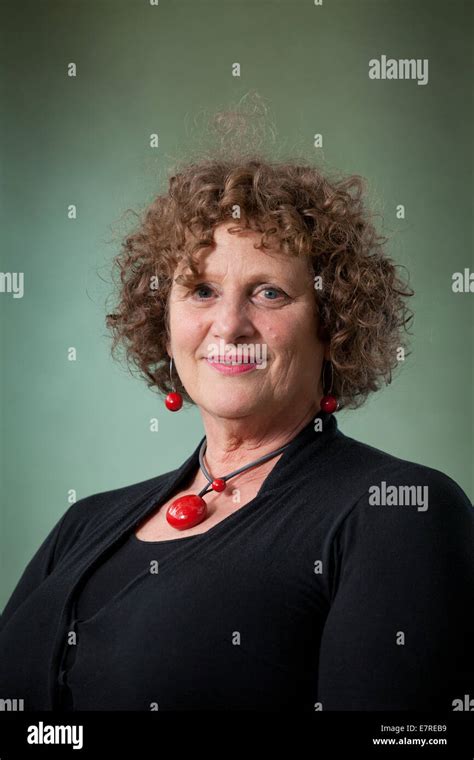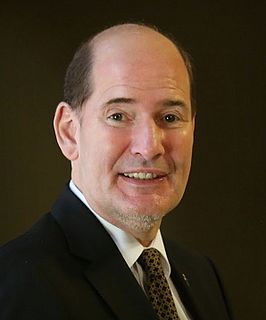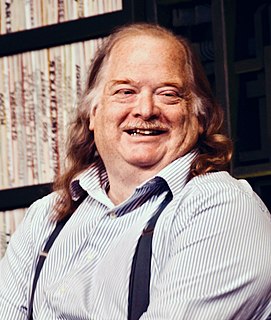A Quote by Elif Batuman
Much as there are things about our own life stories that we can learn only from the systematic study of our dreams, there are things about the human condition that we can learn only from a systematic study of literature.
Quote Topics
Related Quotes
We scientists have way too much a tendency to simplify problems. I guess it actually comes to us naturally. Take the simplest unit, separate out all the confusing, external factors. Study it. Make sure you understand it. And in psychology that means the person studying the individual. But if you want to study our social nature, if you want to study processes that will lead to war and peace, you don't learn all that much by looking at the single individual. A lot of the important things are emergent facts about us, things that you can only see when you get a lot of us interacting.
Some fundamentalists go so far as to reject psychology as a disciplined study, which is unfortunate and polarizing. By definition, psychology is the study of the soul, theology is the study of God. Generally speaking, systematic theology is a study of all the essential doctrines of faith, and that would include the study of our souls (psychology).
My advice would be to look at the things you do to make money as ways to inform your work in the end. If our work is to study the human condition, most humans that we are going to be playing aren't going to be artists, so go out and, as I did, learn what it's like to have a 9-to-5 job... Think of it as character study.
We have to learn to deal with this situation and prepare for contact. Studying the behavior pattern of the phenomenon, I came to the conclusion that they are neither friend nor foe, but study our planet and civilization from a mainly scientific perspective. They are as curious to learn more about us, as we would love to study other human and humanoid civilizations.
Let the children learn to see in nature an expression of the love and the wisdom of God; let the thought of Him be linked with bird and flower and tree; let all things seen become to them the interpreters of the unseen, and all the events of life be a means of divine teaching. As they learn thus to study the lessons in all created things and in all life's experiences, show that the same laws which govern the things of nature and the events of life are to control us, that they are given for our good, and that only in obedience to them can we find true happiness and success.
Judgment can be acquired only by acute observation, by actual experience in the school of life, by ceaseless alertness to learn from others, by study of the activities of men who have made notable marks, by striving to analyze the everyday play of causes and effects, by constant study of human nature.
In fantasy stories we learn to understand the differences of others, we learn compassion for those things we cannot fathom, we learn the importance of keeping our sense of wonder. The strange worlds that exist in the pages of fantastic literature teach us a tolerance of other people and places and engender an openness toward new experience. Fantasy puts the world into perspective in a way that 'realistic' literature rarely does. It is not so much an escape from the here-and-now as an expansion of each reader's horizons.
Cooking is what makes us human. For example, Chimpanzees spend eight to ten hours trying to feed themselves, they are occupied by it, eating basically indigestible things. Once our human ancestors learn to cook things, suddenly we didn't have to spend that much time on digestion, our brains expanded, and we think about other things.
Everybody has a nightmare, and everybody apparently has falling dreams, and everybody has the drowning dream, and everybody has certain kinds of sexual manifestation dreams, as well as our stress dreams; I didn't study for the algebra test, I didn't study for my driving test, you know, all those dreams. I still have those dreams, and it's just such an interesting thing that our mind can turn against us, our own mind, you know we all have.
Protestant parents still keep a Bible handy in the house, so that the children can study it, and one of the first things the little boys and girls learn is to be righteous and holy and not piss against the wall. They study those passages more than they study any others, except those which incite to masturbation. Those they hunt out and study in private.


































